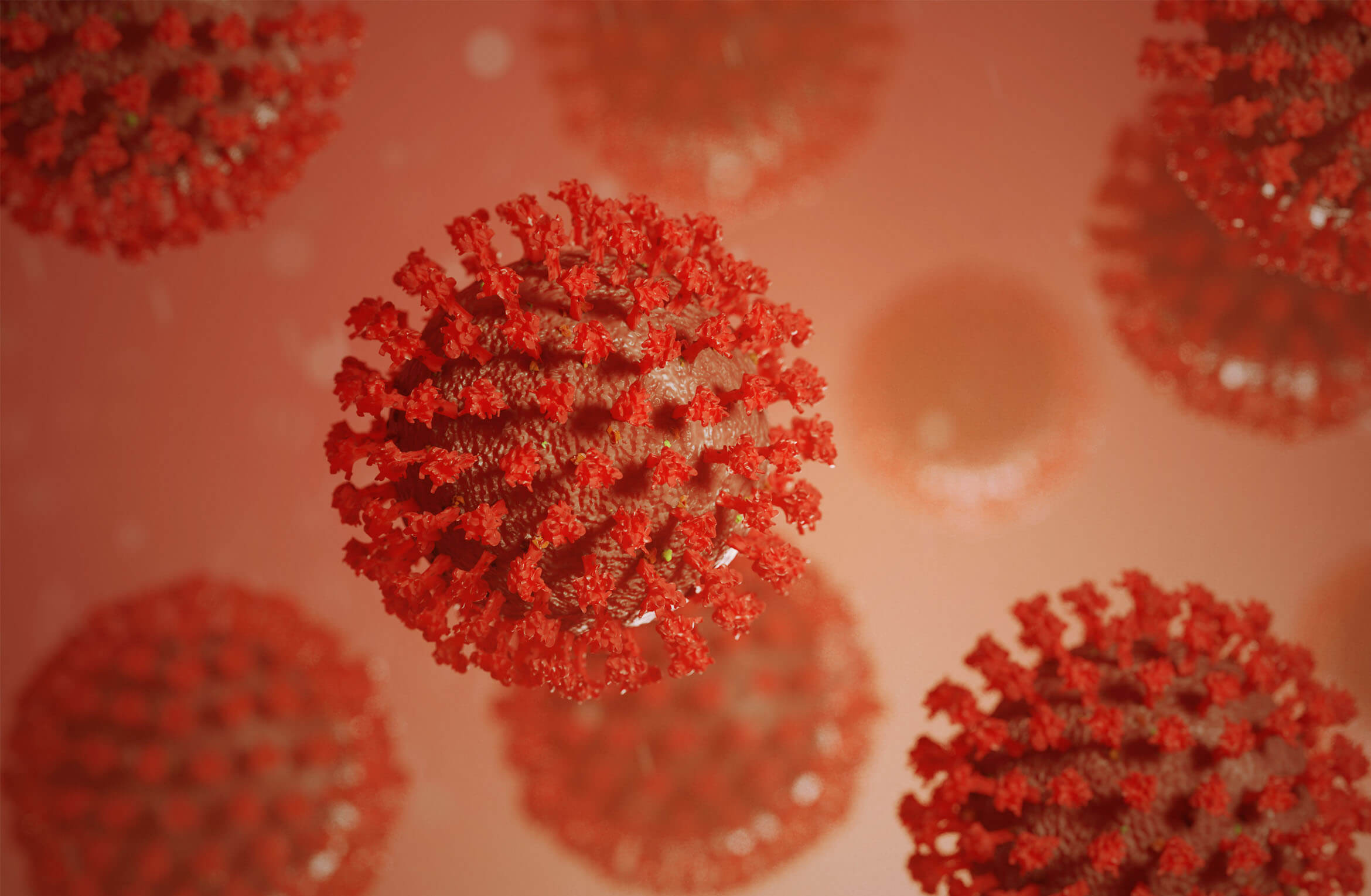Belief in chloroquine’s effectiveness is linked to reduced willingness to receive COVID-19 vaccine, stud …

People who believe that the antimalarial drug chloroquine is an effective remedy against COVID-19 are less likely to say they will receive a vaccination for the virus when one is available, according to new research published in Frontiers in Psychology.
The new study indicates that various conspiracy theories about COVID-19 are associated with a reduced willingness to vaccinate.
The lead author of the study, Paul Bertin (@PaulBertin_), is a PhD student at the Université Côte d’Azur in France who has been studying conspiracy theories and their relations to group identities.
“When the COVID-19 pandemic became a major issue in France and in Europe in general, we saw that, unsurprisingly, conspiracy theories flourished on social media. With my colleagues Kenzo Nera and Sylvain Delouvée (my PhD supervisor), we conducted a couple of studies to better understand this phenomenon and its potential detrimental consequences on the management of the pandemic,” he explained.
The researchers conducted two online surveys in March and April, which included 805 participants in total. The findings indicated that “conspiracy beliefs about COVID-19 are popular,” Bertin said.
In addition, the researchers found that heightened conspiracy mentality and endorsement of COVID-19 conspiracy theories, such as the belief that virus is a Chinese bioweapon, were associated with more negative attitudes towards vaccinations in general and reduced vaccination intentions.
“There is a strong negative correlation between these beliefs and intention to get vaccinated against COVID-19 when a vaccine will be available, so that the more one believes in conspiracy theories about COVID-19, the less one expresses the willingness to get vaccinated against the disease. This relation held regardless of the specific content of the conspiracy theories: Indeed, the COVID-19 conspiracy theories we included in our studies were unrelated to vaccination, and only one of them referred to pharmaceutical companies,” Bertin told PsyPost.
Popular pro-chloroquine conspiracy theories, including the belief that pharmaceutical companies are avoiding chloroquine-based treatments to protect their financial interests, were also associated with more negative attitudes towards vaccinations and reduced vaccination intentions.
Anecdotal reports and poorly controlled clinical trials raised hopes that chloroquine and hydroxychloroquine could be used as potential treatments for COVID-19. Google searches to buy chloroquine spiked by 442% after Donald Trump and Elon Musk endorsed the drug in March.
But additional research has failed to find evidence that the medications effectively inhibit the respiratory infection caused by SARS-CoV-2.
“Attitude toward chloroquine-based treatment, which has been advocated by various scientists (e.g. French infectious disease specialist Didier Raoult) and political figures (e.g. Donald Trump and Jair Bolsonaro), was positively correlated with COVID-19 conspiracy beliefs, and negatively correlated with intention to get vaccinated against COVID-19,” Bertin said.
“Interestingly, it is as if chloroquine is perceived as an alternative medicine challenging ‘Big Pharma’, whereas in France, the main chloroquine producer is the multinational pharmaceutical company, Sanofi!”
The study — like all research — includes some limitations.
“From our findings, we cannot say that COVID-19 conspiracy beliefs are decreasing COVID-19 vaccination intention, or if it is the other way around (past literature, however, suggests that the former causal interpretation is relevant),” Bertin said.
“Furthermore, we do not know if participants refusal of being hypothetically vaccinated is solely due to their endorsement of conspiracy beliefs, or also partly to the idea that a (too) quickly commercialized vaccine would not be safe enough, which was not measured in our studies.”
But the new findings are in line with previous research, which has found that heightened conspiracy mentality is associated with a reduced willingness to follow official guidelines to help prevent the spread of COVID-19. One study even found conspiracy beliefs are linked to lower levels of social distancing over time.
Research has also found that heightened conspiracy mentality is associated with increased trust in non-established medical treatments, such as homeopathy and acupuncture.
“We believe that future research should investigate practical ways to mitigate the detrimental effects of conspiracy beliefs on sanitary behaviors. It might also be interesting to investigate how one can be so distrustful of vaccines while being at the same time trustful of alternative remedies whose efficacy remains unproven,” Bertin said.
He also warned that conspiracy theories should not be dismissed as fringe.
“It is important to understand that believing in conspiracy theories, although being consequential, is not a mark of stupidity or gullibility. There are complex psychological and social motives underlying these beliefs, such as dealing with uncertainties or anticipating threats,” Bertin said.
The study, “Conspiracy Beliefs, Rejection of Vaccination, and Support for hydroxychloroquine: A Conceptual Replication-Extension in the COVID-19 Pandemic Context“, was authored by Paul Bertin, Kenzo Nera, and Sylvain Delouvée.
(Image by visuals3Dde from Pixabay)
*** This article has been archived for your research. The original version from PsyPost can be found here ***


